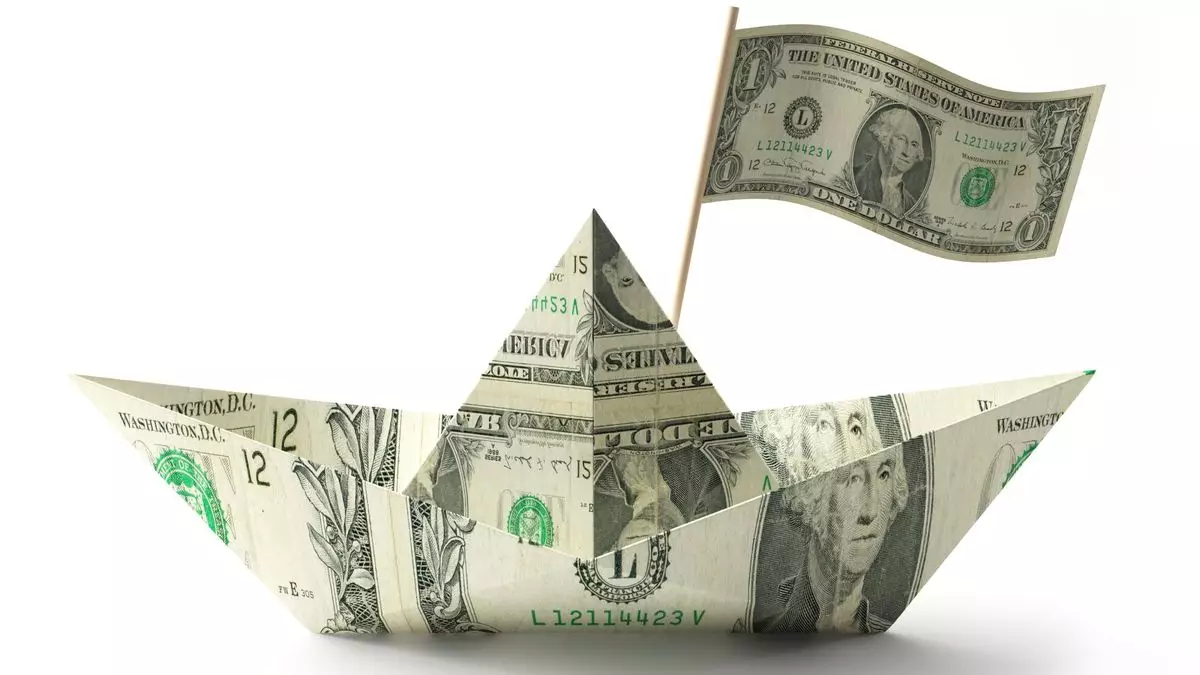The recent tremors experienced by cruise line stocks highlight a deeper complexity in the intersection of taxation and international shipping. After U.S. Secretary of Commerce Howard Lutnick’s comments that targeted the cruise industry for its perceived lack of tax contribution, a flurry of responses from analysts and industry experts underscored the challenges and intricacies of altering the existing tax framework for cruise operations.
In a Fox News interview on February 19, Secretary Lutnick directed his remarks at the cruise industry, suggesting it operated with few tax obligations, a statement that resonated profoundly in financial markets. Stocks linked to cruise lines faced significant declines as investors braced for potential changes that could impact profitability. Lutnick’s assertion that these companies contribute little in taxes and that this would change under the Trump administration ignited a broader discussion about the cruise industry’s tax practices. However, as analysts pointed out, the prospects of implementing such changes are fraught with complications and unlikely to materialize quickly.
Steven Wieczynski, a renowned gaming and leisure analyst, echoed skepticism, indicating that political rhetoric regarding taxing the cruise sector has recurred over the past decade and a half without substantial progress. This sentiment raises questions about the potential efficacy of Lutnick’s remarks and the realism of pursuing such an agenda in Congress. The tariffs on cruise lines may have garnered headlines, but actions tend to falter amidst legislative gridlock.
The crux of the taxation issue is significantly layered. Many cruise vessels that dock at U.S. ports are foreign-flagged, registered in countries such as Liberia or Panama. This arrangement allows them to evade specific tax liabilities that U.S.-flagged vessels would incur. Indeed, converting these ships to U.S. flags could introduce additional operational hurdles, including the need for American crews, which is economically infeasible for most cruise companies.
The Cruise Lines International Association (CLIA) counters Lutnick’s narrative, stating that cruise lines contribute approximately $2.5 billion each year in taxes and fees within the U.S. This amount reportedly constitutes a staggering 65% of the global taxes paid by these companies, a testament to their significant economic footprint in the American market, despite spending limited time in domestic waters.
Additionally, the symbiotic relationship between cruise operations and the broader cargo shipping sector complicates potential reforms. This interconnectedness means that any legislative efforts aimed specifically at cruise ships could unintentionally disrupt the operations of cargo vessels, raising alarms among industry stakeholders.
Examining U.S. tax history reveals that the exemptions provided to foreign-flagged ships have been in place since 1921, rooted in a system of reciprocity with international shipping practices. This principle reflects longstanding agreements that apply equally to American ships operating abroad, thus introducing additional challenges to any changes proposed by the Trump administration. Any alteration to this dynamic would necessitate not just fresh legislation but also a reevaluation of longstanding international agreements that govern maritime operations.
The notion of taxing the cruise industry also surfaces at a time when the economic implications are particularly significant for regions that rely heavily on cruise operations as a source of revenue, particularly states like Florida and Alaska. The political calculus becomes intricate, situating lawmakers in positions where they must balance national interests against local economic realities, thereby complicating the legislative landscape.
While recent comments from the Trump administration have sent shockwaves through the market, the cruise industry’s inherent resilience and ability to adapt should not be underestimated. Historical analysis indicates that, despite past threats to alter tax treatments, the cruise sector has withstood scrutiny and managed to innovate and thrive.
While the rumblings from the political arena may carry temporary implications for cruise line stocks, the structural barriers hindering substantial tax reforms suggest that the industry will likely navigate these tumultuous waters with relative confidence. As investors, analysts, and policymakers continue to engage in this crucial dialogue, the broader implications for maritime economics and localized economies must be kept at the forefront, ensuring that any changes are judicious and equitable for all stakeholders involved.

